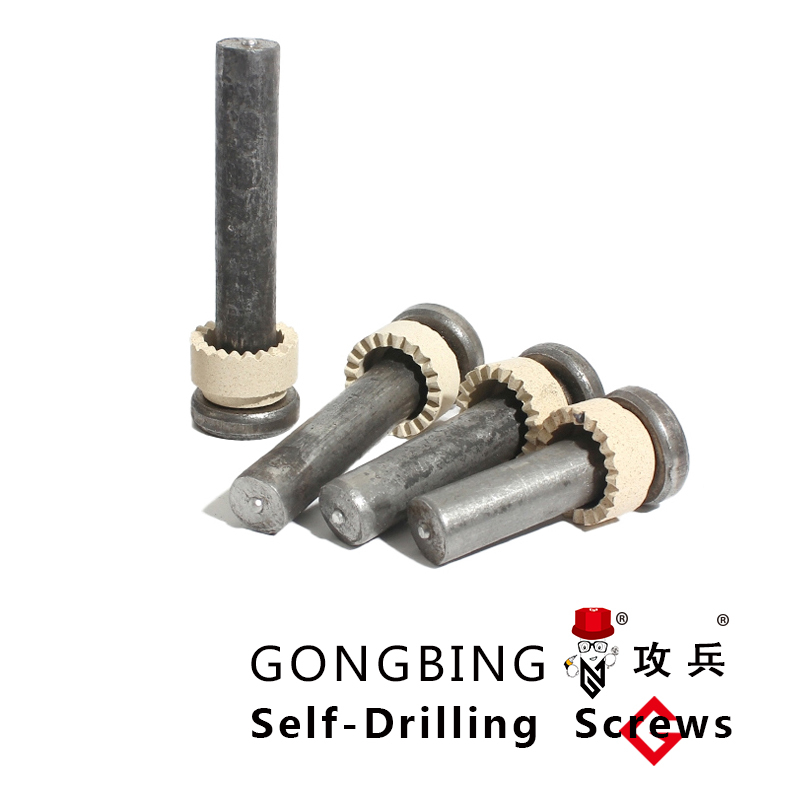hex washer bolt
Understanding Hex Washer Bolts A Comprehensive Guide
When it comes to construction and manufacturing, the importance of durable and reliable fastening components cannot be overstated. Among these components, hex washer bolts hold a prominent position. This article delves into the specific characteristics, applications, and benefits of hex washer bolts, offering valuable insights for both consumers and industry professionals.
What is a Hex Washer Bolt?
A hex washer bolt is a type of fastener that consists of a hexagonal head and an attached washer. The hex shape allows for easy tightening with a wrench, making it convenient for assembly and disassembly. The built-in washer is designed to distribute the load over a larger surface area, thereby reducing the risk of damage to the material being fastened. This feature not only enhances the bolt's holding power but also provides increased resistance against loosening due to vibration.
Components of Hex Washer Bolts
1. Head The hexagonal head is the most distinguishing feature of this type of bolt. It is designed to provide a large surface area for wrench engagement, which translates into efficient torque application.
2. Washer The washer can be either flat or serrated. A flat washer provides a smooth surface for load distribution, while a serrated washer offers increased grip that can prevent movement under vibrational stress.
3. Shank The shank of the bolt is the cylindrical portion that extends down from the head. It can vary in length and diameter depending on the specific application.
4. Threads The bolt features external threads that allow it to be screwed into a corresponding nut or a pre-tapped hole in a material. The thread design is crucial as it dictates the bolt's holding power and ability to resist stripping.
Material and Coatings
Hex washer bolts are available in various materials, including steel, stainless steel, and aluminum. Steel bolts are renowned for their strength and durability but may require protective coatings to prevent rust and corrosion. Stainless steel bolts are naturally resistant to corrosion and are ideal for outdoor or marine applications. Aluminum bolts, while lighter, may not provide the same level of strength as their steel counterparts but can be advantageous in lightweight applications.
hex washer bolt

Coatings such as zinc plating or powder coating can enhance a bolt’s properties, offering an extra layer of protection against environmental factors. It is essential to choose the right material and coating according to the specific requirements of the project at hand.
Applications of Hex Washer Bolts
Hex washer bolts are incredibly versatile, making them suitable for a wide range of applications across various industries
- Construction Used for securing structural components such as beams and columns. - Automotive Commonly found in vehicle assemblies where strong and reliable fasteners are essential. - Manufacturing Ideal for machinery assembly due to their high holding power and ease of use. - Furniture Often employed in the assembly of pre-manufactured furniture where robustness is required.
Benefits of Using Hex Washer Bolts
1. Ease of Use The hex head allows for simple installation and removal, making it user-friendly for both professionals and DIY enthusiasts. 2. Load Distribution The integrated washer effectively spreads the load, reducing the potential for damage to the surfaces being fastened.
3. Vibration Resistance These bolts offer superior resistance to loosening under vibration, making them reliable for critical applications.
4. Adaptability Available in different sizes and materials, hex washer bolts can be tailored to meet the specific needs of any project.
Conclusion
In conclusion, hex washer bolts are an essential component in numerous applications, thanks to their unique design and robust performance. Their ease of use, combined with their ability to distribute loads effectively and resist loosening, makes them a go-to choice for engineers and builders alike. Understanding the features and applications of hex washer bolts enables effective decision-making when it comes to selecting the right fasteners for your projects. Whether you are in construction, automotive, or manufacturing, these versatile fasteners continue to prove their worth across the board.
-
Weatherproof Plastic Expansion Anchors for OutdoorNewsJun.06,2025
-
Sustainability in the Supply Chain: Eco-Friendly TEK Screws ProductionNewsJun.06,2025
-
Load-Bearing Capacity of External Insulation FixingsNewsJun.06,2025
-
Double Head Bolts: Enhancing Efficiency in Industrial MachineryNewsJun.06,2025
-
Corrosion Resistance in Chipboard Screws: Coatings for Wholesale DurabilityNewsJun.06,2025
-
Butterfly Toggle Bolts : Enhancing Structural ResilienceNewsJun.06,2025
